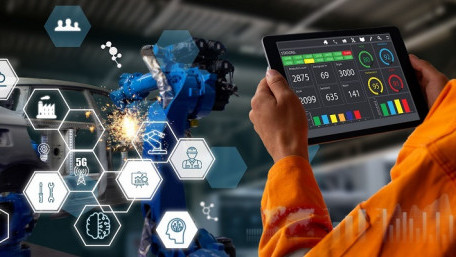
Over the last decade, cloud service providers have improved technology, particularly data security and integrity. These remain the top concern of many…
Over the last decade, cloud service providers have improved technology, particularly data security and integrity. These remain the top concern of many manufacturing businesses, but as improvements are rolled out, more and more companies are adopting cloud solutions.

As summer heat continues to scorch the northern hemisphere, manufacturers face potential equipment damage and downtime.…
As summer heat continues to scorch the northern hemisphere, manufacturers face potential equipment damage and downtime. Learn about the ways extreme heat can damage automated equipment and systems.
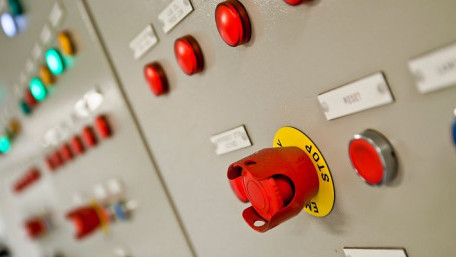
Learn about power side and ground side switching and how designing these circuits to have predictable failures from the…
Learn about power side and ground side switching and how designing these circuits to have predictable failures from the beginning helps in system maintenance and troubleshooting.
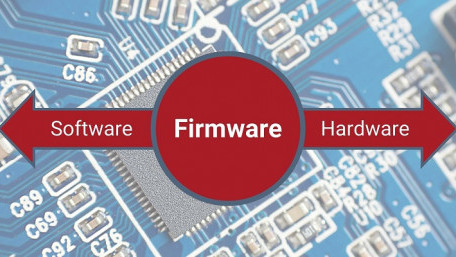
Inside a controller, code is interpreted into the binary signals that influence input and output signals, flags and…
Inside a controller, code is interpreted into the binary signals that influence input and output signals, flags and registers, and even the communication of network signals. This is the job of firmware.
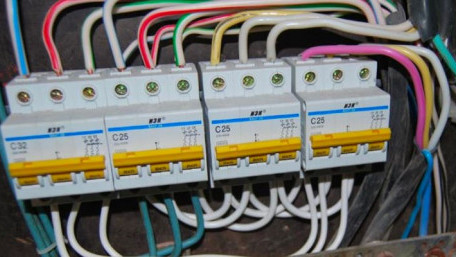
Fuses and breakers are some of the most common safeguards to prevent electrical shock and fires. Learn about these two…
Fuses and breakers are some of the most common safeguards to prevent electrical shock and fires. Learn about these two pieces of industrial equipment and the difference between slow blow and quick blow responses.
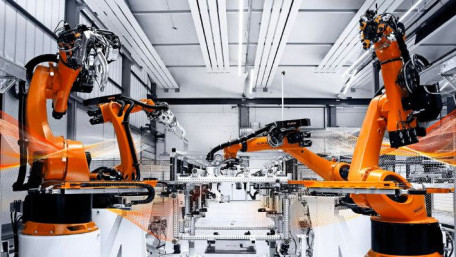
The world of manufacturing is filled with robots, but beginners are still always faced with key questions, starting with…
The world of manufacturing is filled with robots, but beginners are still always faced with key questions, starting with perhaps the most basic: how do you program industrial robots?
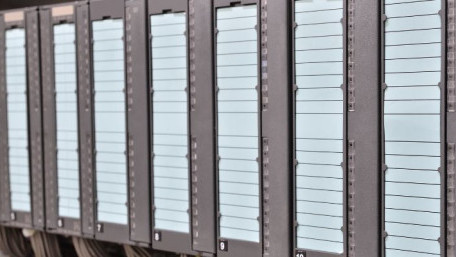
Centralized control systems are often seen as outdated compared to decentralized systems; however, both have their…
Centralized control systems are often seen as outdated compared to decentralized systems; however, both have their advantages and disadvantages when it comes to choosing which one to use in manufacturing.
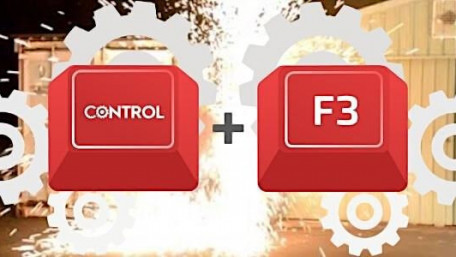
The CTRL F3 series reviews field studies and failures in the field focused on control fails, fixes, and facts. This…
The CTRL F3 series reviews field studies and failures in the field focused on control fails, fixes, and facts. This article covers an explosion at an industrial sawmill.
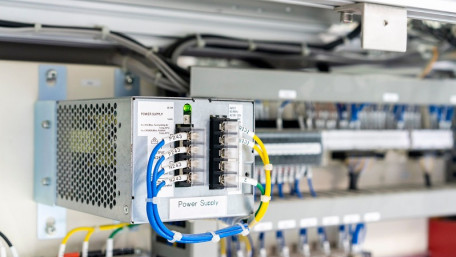
DC voltage systems exist to provide controllers and field devices with stable power, but it is not always clear when…
DC voltage systems exist to provide controllers and field devices with stable power, but it is not always clear when these systems should be bonded with the earth ground of the AC line voltage supply.
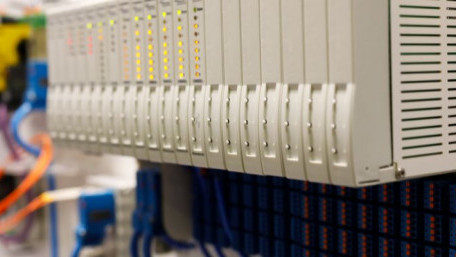
We will show you how to use common math functions from two popular PLC programs—Rockwell Automation's Studio 5000 and…
We will show you how to use common math functions from two popular PLC programs—Rockwell Automation's Studio 5000 and Automation Direct Productivity Suite.
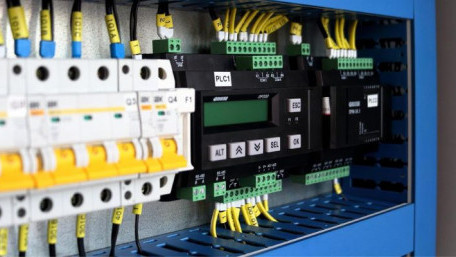
Configuring analog signals into usable digital quantities is accomplished by scaling function inside the PLC, which,…
Configuring analog signals into usable digital quantities is accomplished by scaling function inside the PLC, which, along with analog signal wiring, is important to understand.
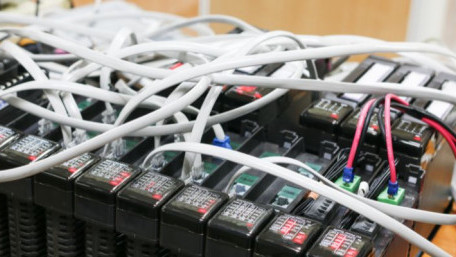
Counting up and down are commonly required functions in PLC lagger logic programs for tracking inventories, placement…
Counting up and down are commonly required functions in PLC lagger logic programs for tracking inventories, placement patterns, and gaining informational insights about machine performance statistics.
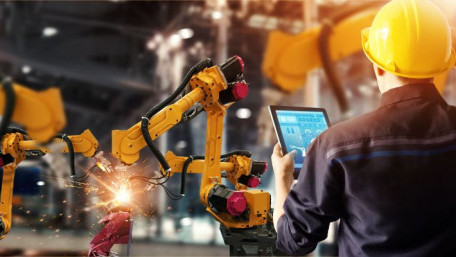
Designing an obsolescence mitigation plan to detect and solve mitigation risks before they occur is key to avoiding…
Designing an obsolescence mitigation plan to detect and solve mitigation risks before they occur is key to avoiding costly downtime and a potential catastrophe in control environments.
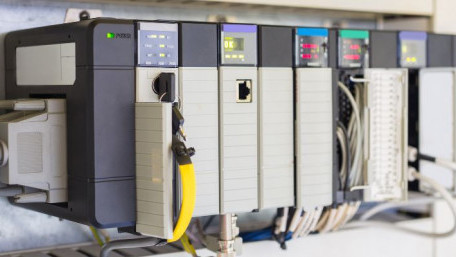
Many PLC commands are well-known to programmers, including contacts, coils, timers, and counters. But a less-common…
Many PLC commands are well-known to programmers, including contacts, coils, timers, and counters. But a less-common instruction is the one-shot, capable of harnessing the incredible processing speeds in a CPU.
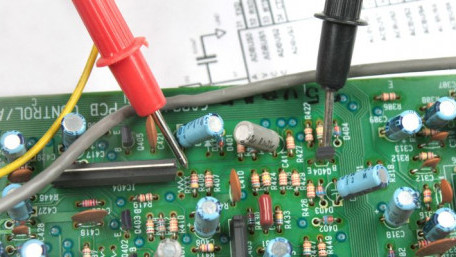
Control engineering is integrally woven together with electricity and electrical circuits. Even so, sometimes the most…
Control engineering is integrally woven together with electricity and electrical circuits. Even so, sometimes the most basic scenarios become misunderstood through lack of training or experience.
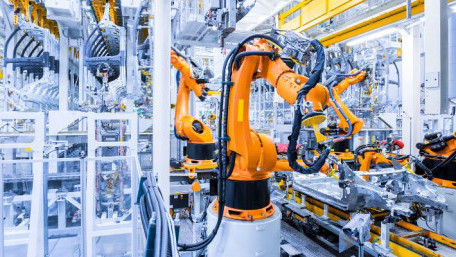
One of the most considerable risks in aging control environments is that eventually, spare parts become obsolete and…
One of the most considerable risks in aging control environments is that eventually, spare parts become obsolete and unavailable, and the lack of an upgrade plan can turn a simple failure into a catastrophe.
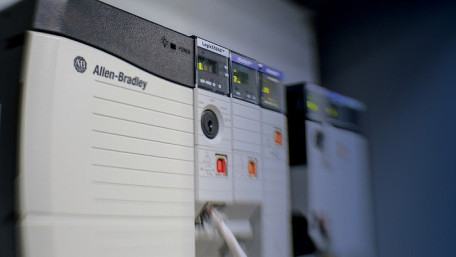
Credited with coining the name ‘PLC’, Allen-Bradley and parent company Rockwell Automation are major players in the…
Credited with coining the name ‘PLC’, Allen-Bradley and parent company Rockwell Automation are major players in the world of control systems. Learn how the hardware platforms have evolved into the familiar modern configurations.
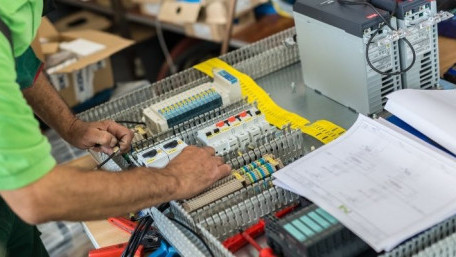
Power supplies tend to get a reputation as one of the most important power considerations of a DC control circuit - but…
Power supplies tend to get a reputation as one of the most important power considerations of a DC control circuit - but we can’t ignore other key players: power filters, converters, and backup power modules.
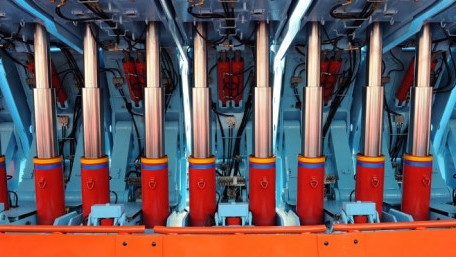
What if you could control the end position and the speed of a hydraulic actuator accurately with just a simple signal?…
What if you could control the end position and the speed of a hydraulic actuator accurately with just a simple signal? Some systems use simple open/close valves, but others require far more precision.
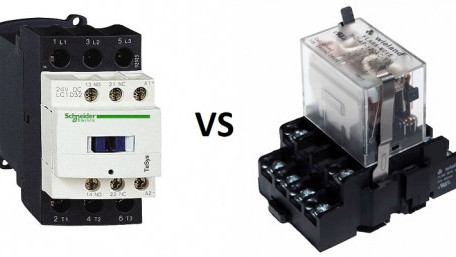
Although the are similarities in operating theory, relays and contactors are used in industrial circuits for different…
Although the are similarities in operating theory, relays and contactors are used in industrial circuits for different specific applications, and should not be used interchangeably.
